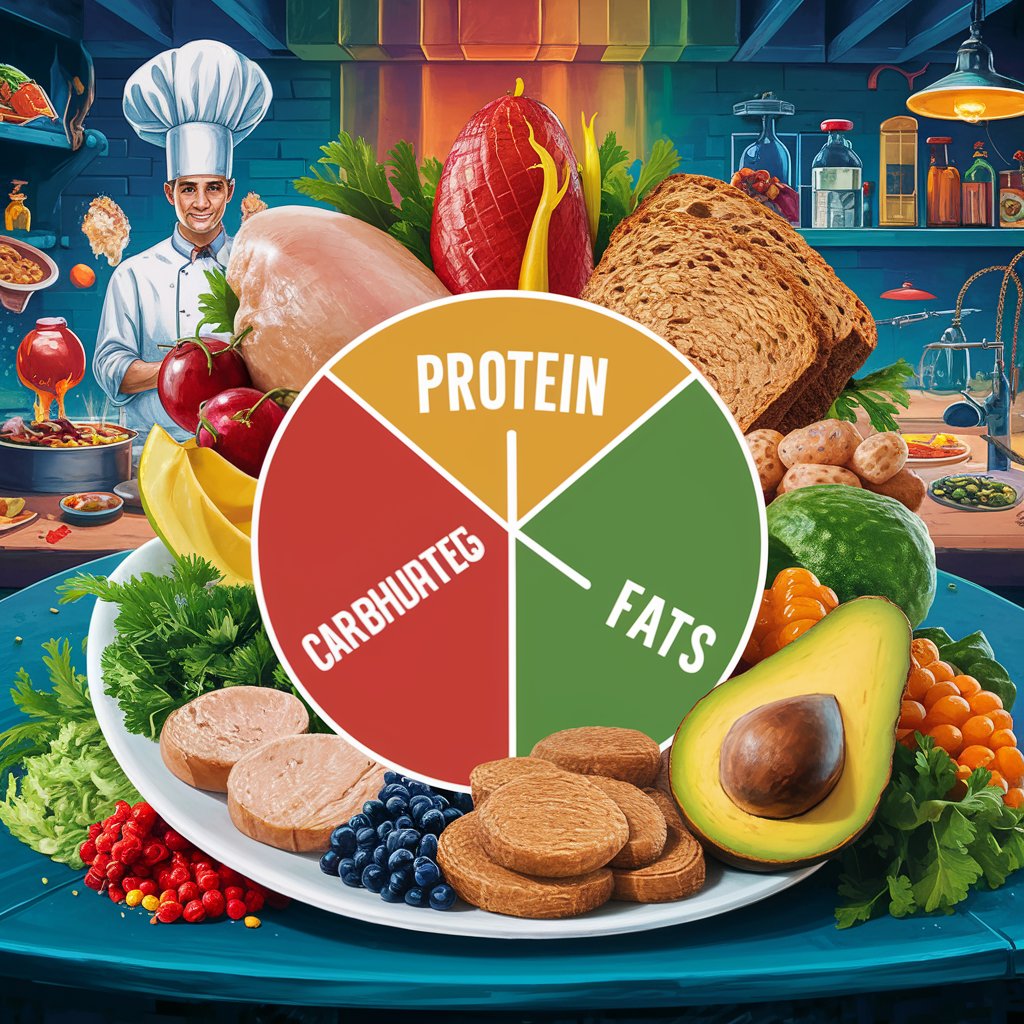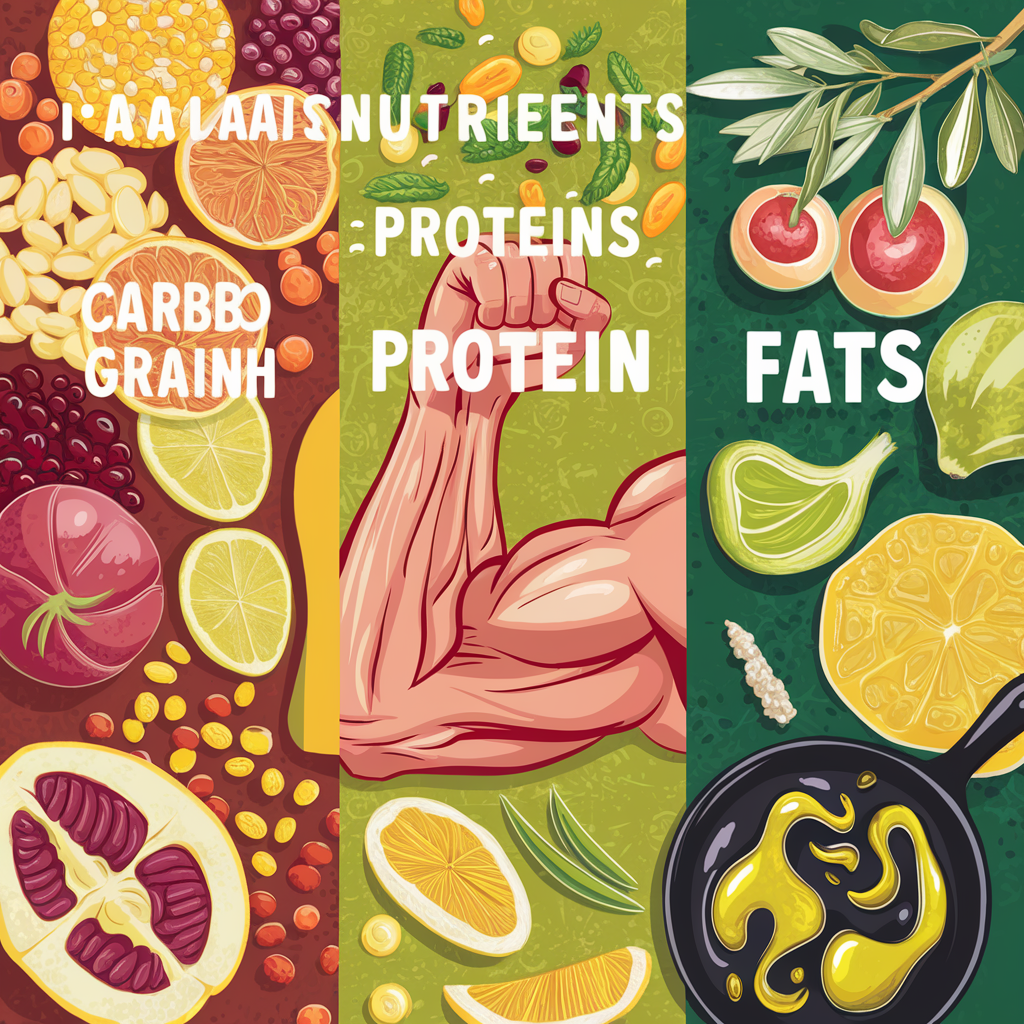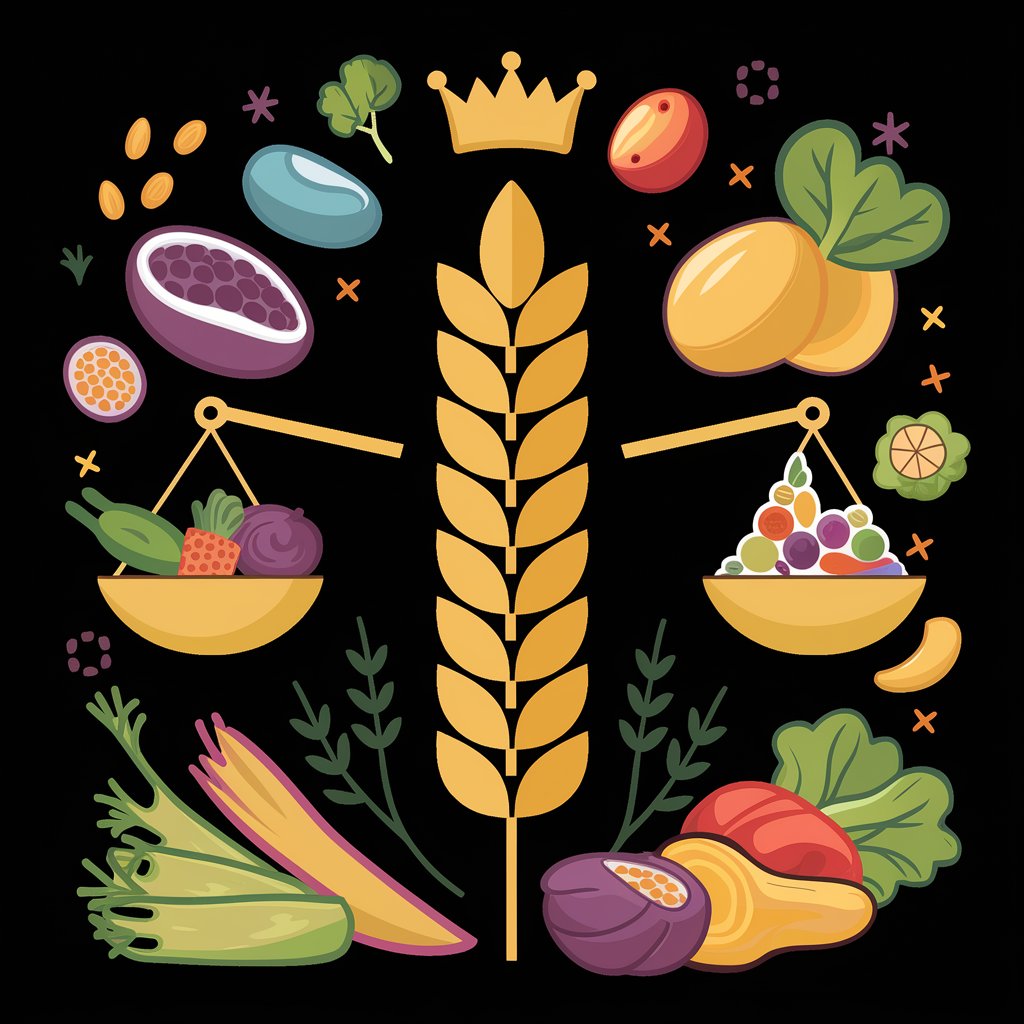Eating well is the cornerstone of a healthy lifestyle. By making informed choices about the foods we consume, we can nourish our bodies and promote longevity. In this comprehensive guide, we'll explore top diet tips backed by science to help you achieve optimal wellness through nutrition.
1. Understanding Macronutrients: The Building Blocks of a Healthy Diet

Macronutrients—carbohydrates, proteins, and fats—are essential for providing energy and supporting various bodily functions. Aim to balance these nutrients in your diet by including whole grains, lean proteins, and healthy fats. Carbohydrates should primarily come from complex sources like whole grains, vegetables, and legumes, while proteins can be sourced from lean meats, fish, beans, and tofu. Healthy fats, such as avocados, nuts, seeds, and olive oil, play a crucial role in heart health and overall well-being.
2. The Power of Plant-Based Eating: Incorporating More Fruits and Vegetables

Plant-based foods are rich in vitamins, minerals, antioxidants, and fiber. Aim to fill half of your plate with colorful fruits and vegetables at every meal. Incorporate a variety of produce such as leafy greens, berries, citrus fruits, cruciferous vegetables, and colorful peppers. Plant-based eating has been linked to lower risk of chronic diseases like heart disease and diabetes, making it an excellent choice for overall health.
3. Choosing Quality Proteins: Lean Meats, Fish, Beans, and Beyond

Protein is essential for muscle repair, hormone production, and immune function. Opt for lean sources of protein like skinless poultry, fish, beans, lentils, and tofu. These options are lower in saturated fat and can help you feel full and satisfied. Include a variety of protein sources throughout the day to meet your body's needs.
4. Healthy Fats: Navigating the World of Good Fats vs. Bad Fats

Not all fats are created equal. Choose healthy fats like avocados, nuts, seeds, and olive oil, which can promote heart health and reduce inflammation. Limit saturated fats found in red meat, butter, and full-fat dairy, as well as trans fats found in processed foods. Omega-3 fatty acids, found in fatty fish like salmon and walnuts, are particularly beneficial for brain health and reducing the risk of chronic diseases.
5. Smart Carbohydrates: Opt for Whole Grains and Fiber-Rich Foods

Opt for whole grains such as brown rice, quinoa, oats, and whole wheat bread over refined grains. Whole grains are rich in fiber, which aids digestion, promotes satiety, and helps regulate blood sugar levels. Incorporate fiber-rich foods like legumes, fruits, vegetables, and seeds into your meals to support digestive health and overall well-being.
6. Mindful Eating: Tips for Developing Healthy Eating Habits

Practice mindful eating by paying attention to hunger and fullness cues. Eat slowly and savor each bite, focusing on the taste, texture, and aroma of your food. Avoid distractions like screens while eating and listen to your body's signals of hunger and satisfaction. Mindful eating can help prevent overeating and promote a healthier relationship with food.
7. Hydration Nation: The Role of Water in a Healthy Diet

Staying hydrated is crucial for overall health. Aim to drink plenty of water throughout the day, as it supports digestion, nutrient absorption, and skin health. Carry a reusable water bottle with you and sip water regularly, especially during and after physical activity. Limit sugary beverages like sodas and opt for water, herbal teas, or infused water instead.
8. Healthy Snacking: Nourishing Your Body Between Meals

Choose nutrient-dense snacks like Greek yogurt, nuts, fruits, and vegetables to keep you satisfied between meals. Avoid processed snacks high in sugar and unhealthy fats. Plan ahead by prepping healthy snacks and keeping them accessible to prevent reaching for less nutritious options.
9. The Role of Supplements: Enhancing Your Diet with Vitamins and Minerals

While it's best to obtain nutrients from whole foods, supplements can complement a healthy diet, especially for specific populations or dietary restrictions. Consult with a healthcare professional to determine if you have any nutrient deficiencies and discuss appropriate supplementation.
10. Putting It All Together: Creating Your Personalized Healthy Eating Plan

Integrate these diet tips into a personalized eating plan that suits your lifestyle and health goals. Experiment with new recipes, meal prepping techniques, and mindful eating practices. Consistency is key, so make gradual changes and celebrate small victories along your journey to optimal wellness.
By implementing these evidence-based diet tips, you can enhance your overall health and well-being. Remember that healthy eating is a lifelong journey, and small changes can lead to significant improvements over time. Embrace the diversity of nutrient-rich foods available and enjoy the benefits of nourishing your body with wholesome ingredients.

You must be logged in to post a comment.